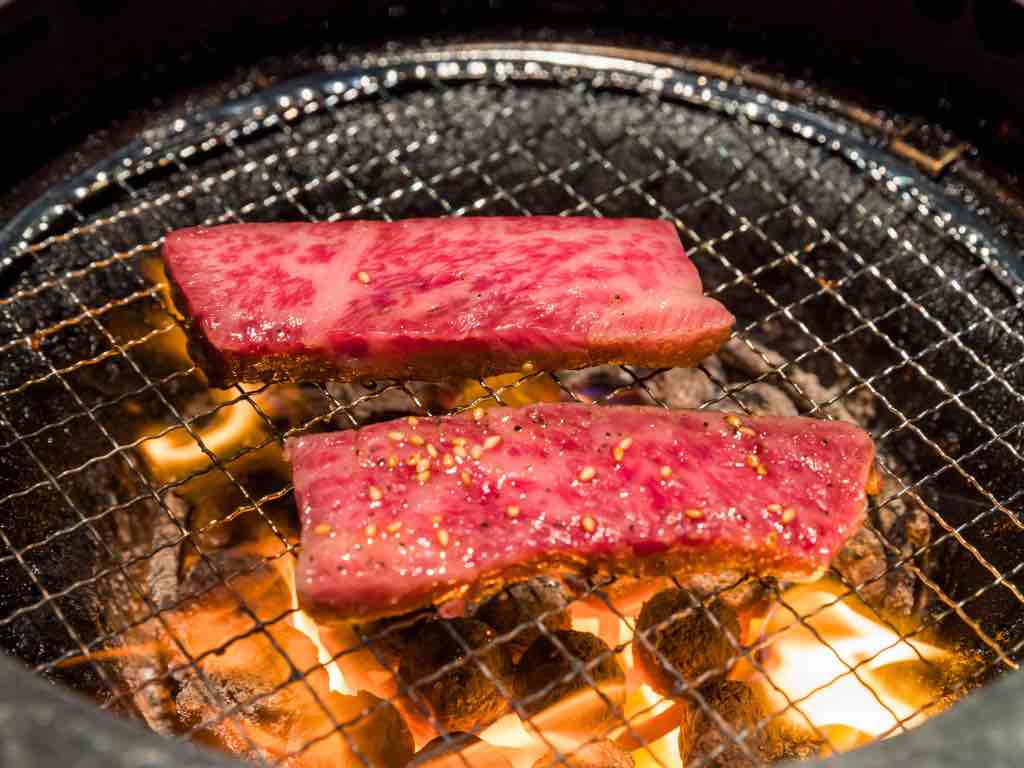
A Sizzling Showdown: American Wagyu vs Japanese Wagyu
|
|
Time to read 5 min
Welcome to One Stop Halal!
Written by: Samir P.
|
|
Time to read 5 min
Regarding the world of premium beef, few names evoke as much culinary excitement as Wagyu. Renowned for its unparalleled marbling, tenderness, and rich flavor, Wagyu beef has become a coveted delicacy for meat enthusiasts worldwide. While Japan is the birthplace of Wagyu, the United States has also entered the arena with its own American Wagyu, creating a delectable rivalry. In this blog, we'll explore the fascinating world of American Wagyu vs Japanese Wagyu, comparing their origins, production methods, and, most importantly, the taste that sets them apart.
Welcome to your favorite Wagyu Shop. We carry various wagyu meat cuts that are hard to find elsewhere. We deliver to your doorstep anywhere in the United States within 1-2 business days.
In the battle of American Wagyu vs Japanese Wagyu, there's no clear winner – it ultimately comes down to personal preference. Japanese Wagyu offers a taste of tradition with its unparalleled marbling and delicate flavor. On the other hand, American Wagyu introduces a fusion of Japanese excellence with a touch of American robustness, creating a unique and satisfying culinary experience. Whether you opt for the luxurious Japanese Wagyu or the crossbred allure of American Wagyu, one thing is sure – both varieties represent the epitome of beef indulgence, inviting meat enthusiasts on a gastronomic journey that transcends borders and celebrates the artistry of Wagyu beef.

© 2026 One Stop Halal, Inc.